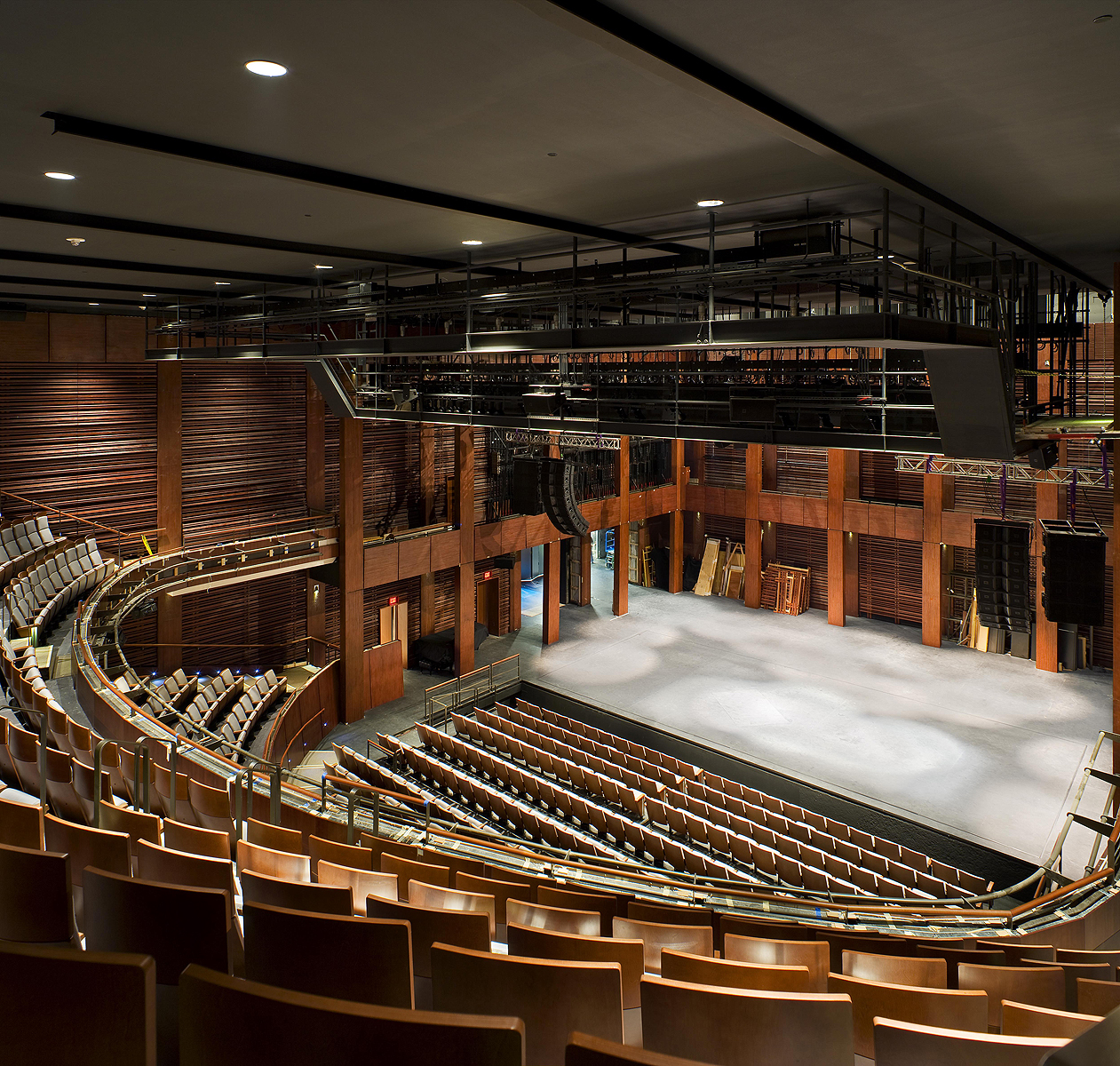DC Theatre Week is back this fall, offering discounted tickets ($20, $40, or $60) to productions around the region from Thursday, September 26 to Sunday, October 13. The promotion, which launched in 2016, was inspired by DC’s popular Restaurant Week, when dining spots around town offer discounted menus.
Tickets for the 28 eligible shows go on sale Monday, September 9. They include Romeo and Juliet at the new Folger Shakespeare Library; Jaja’s African Hair-Braiding at Arena Stage; Babbitt, a political satire starring Matthew Broderick at Shakespeare Theatre Company; and a one-man show about Abe Lincoln at Ford’s Theatre.
A series of events—some are free—will explore the history of theater around the region. Check out downtown DC’s stages with a walking tour on Saturday, September 21 (1 PM, free) or a bike tour (time and price TBA). Learn about the area’s upcoming theater season through a panel discussion at the Dillon Ripley Center on Monday, September 23 (6:45 PM, tickets $20-25). Or check out the kickoff party at Arena Stage on Saturday, September 28, which includes free food and drinks, interactive exhibits, and performances (1 to 5 PM, free tickets here).
DC has one of the country’s most thriving theater scenes. Amy Austin, the CEO and president of Theatre Washington, which runs Theatre Week, credits nationally known theaters like the Kennedy Center and Arena Stage, plus a community of artists she says is less competitive than those in other cities.
Austin says she’s particularly excited for this year’s City on the River concert at the Wharf on Sunday, September 22 (2 PM, free), when actors and musicians will perform showtunes from recent and upcoming productions. Or, as she puts it: “It’s hundreds of people on the Wharf listening to local artists and getting an understanding of how some of the best in the country are living and working here.”













